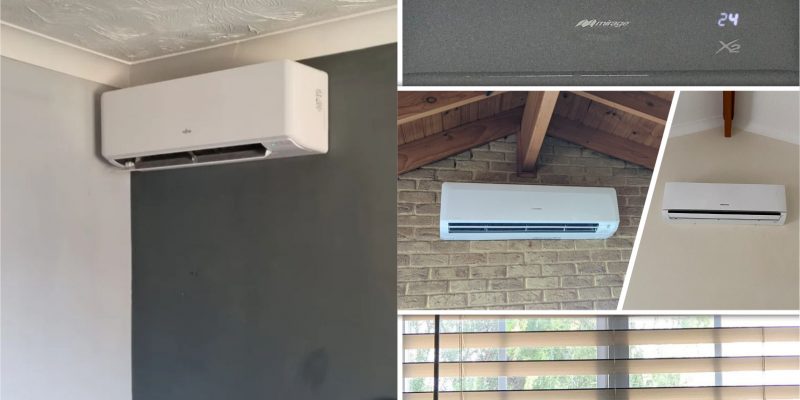During hot months, having an air conditioner can greatly improve your comfort and overall well-being. While it’s possible to get by without one, you may experience discomfort and difficulty sleeping without it. Therefore, it’s important to consider purchasing an air conditioner if you want to ensure a better quality of life during hot weather. The following basics can help you make a well-informed decision when selecting an air conditioner.
Window-Mounted VS Wall-Mounted Air Conditioner Units
Window air conditioning units are commonly found in apartments and small homes. They are easy to install and do not require any outside contractor work, which makes them a popular choice for renters. These units are installed into a window opening and stay in place with the weight of the window sash. While some models can cool a space as large as 900 square feet, they are typically most effective in cooling small spaces.
If you own your home, whether it’s a condo or a house, a wall-mounted air conditioning unit may be a better option. These units require a hole to be cut into the wall, and a metal sleeve is inserted for support. The unit is then slid into the hole. While the cost of installation and the work involved is a consideration, a wall-mounted unit is more suitable for larger spaces.
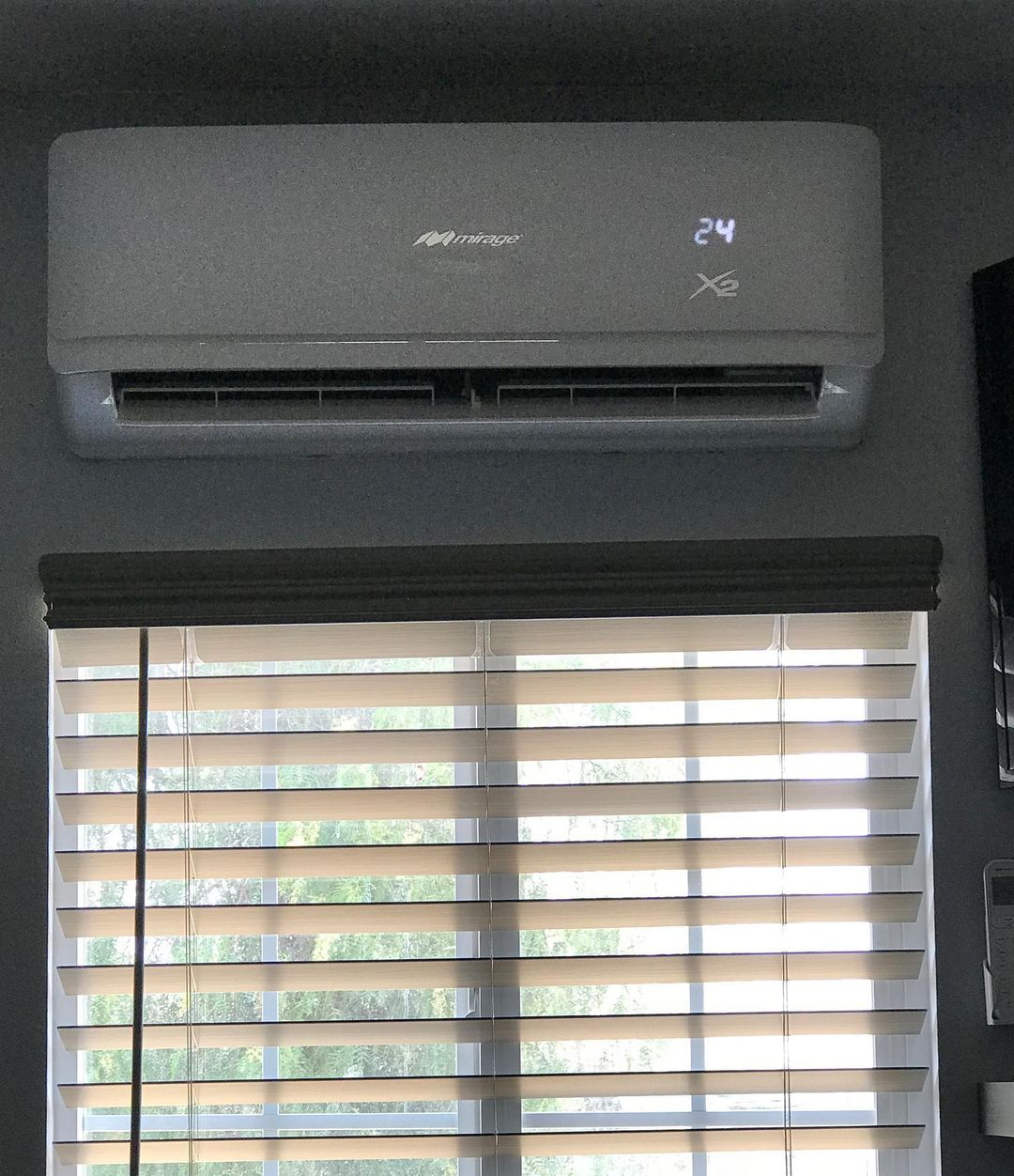
Air conditioners that are placed above the window can be found in small houses or small apartments. This will give a cool impression to the whole room. Air Conditioner above Windows from @greatsystems_ac
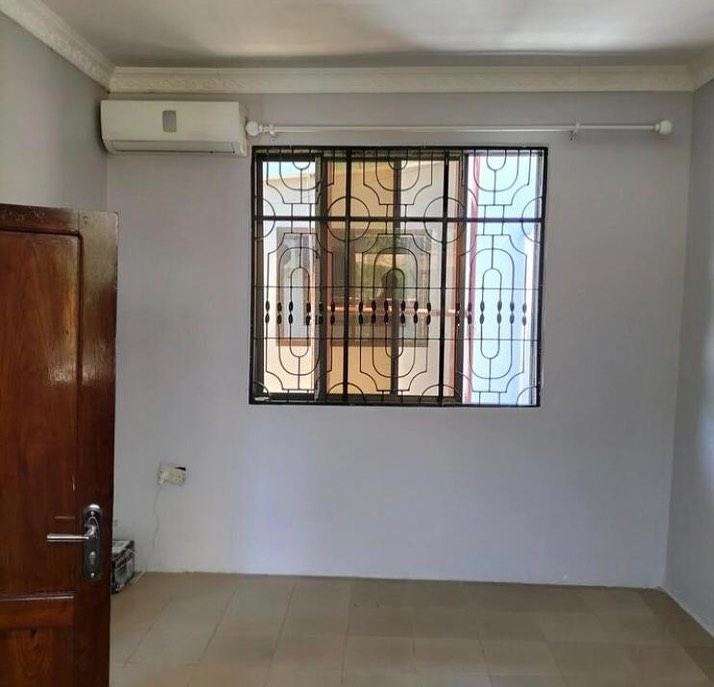
This window mounted air conditioner can cool a 900 square foot room, this style is usually most effective at cooling small spaces. These units are mounted on a window opening and are supported by the weight of the window frame. Windows Mounted AC from @dalali_smart_sinza_mwenge
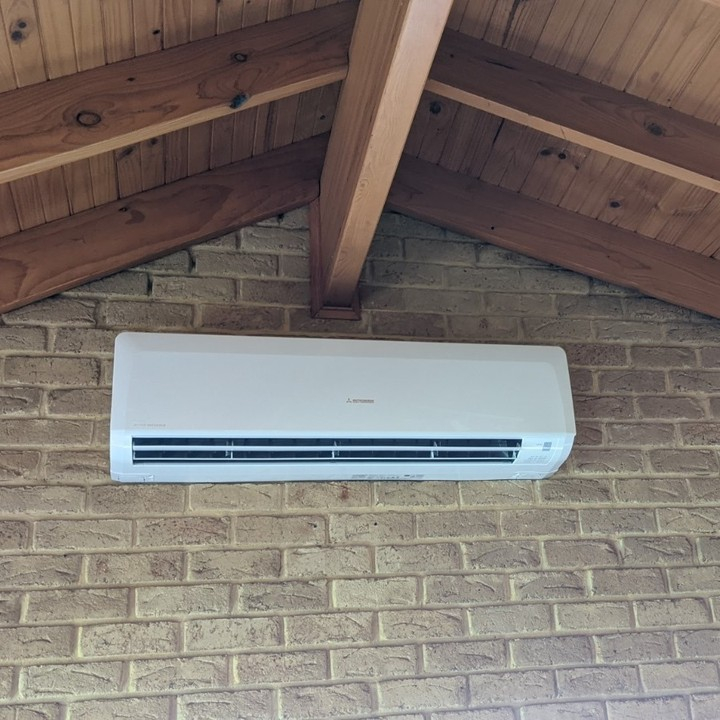
Using an air conditioner that is installed on the wall of this house is suitable for larger spaces. This air conditioner requires a hole to be cut into the wall, and a metal sleeve inserted for support. Wall AC from @jc_electrical
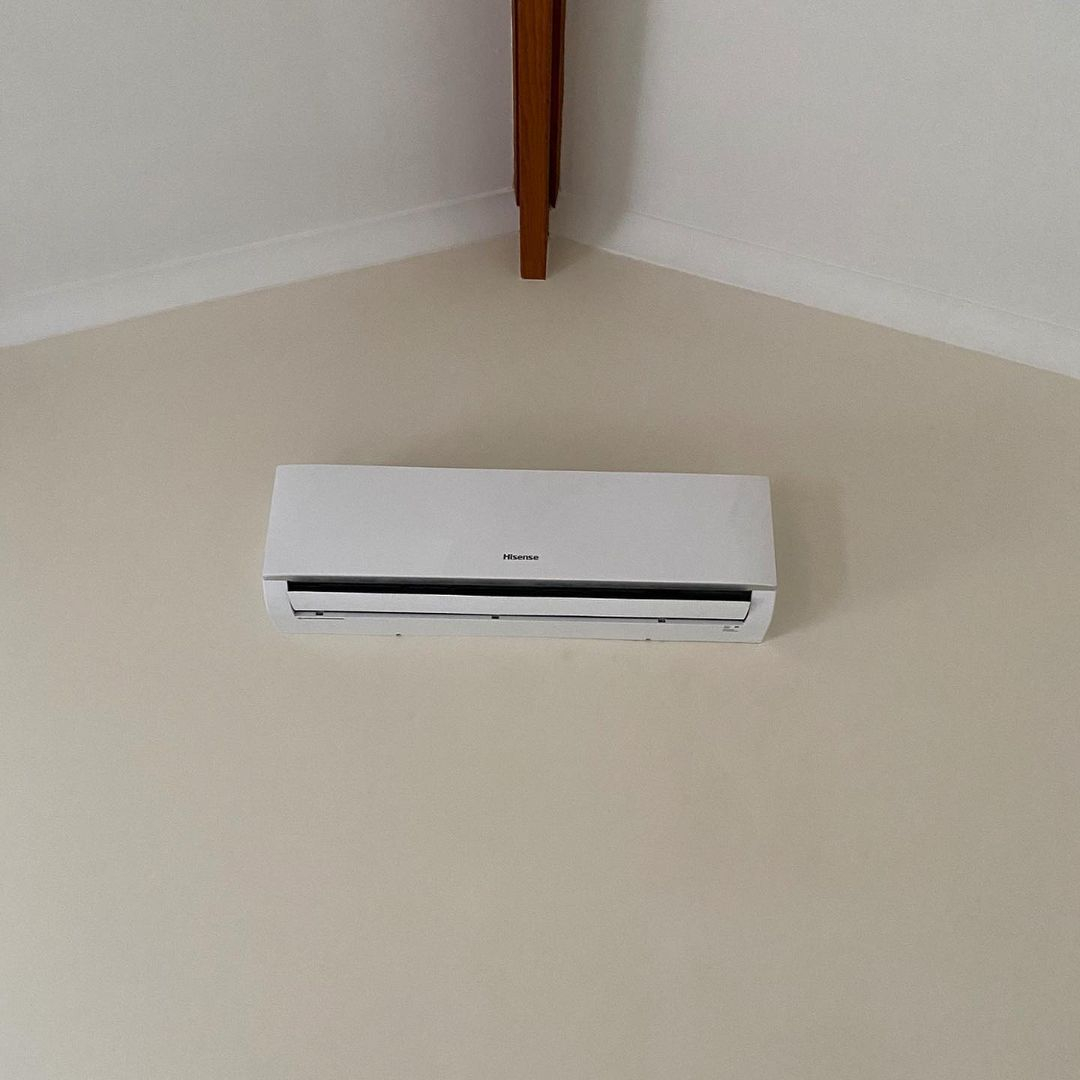
Installing an air conditioner on the wall of this house is a better choice. These units require a hole to be cut into the wall, and a metal sleeve inserted for support. Wall Ai Conditioner from @jc_electrical
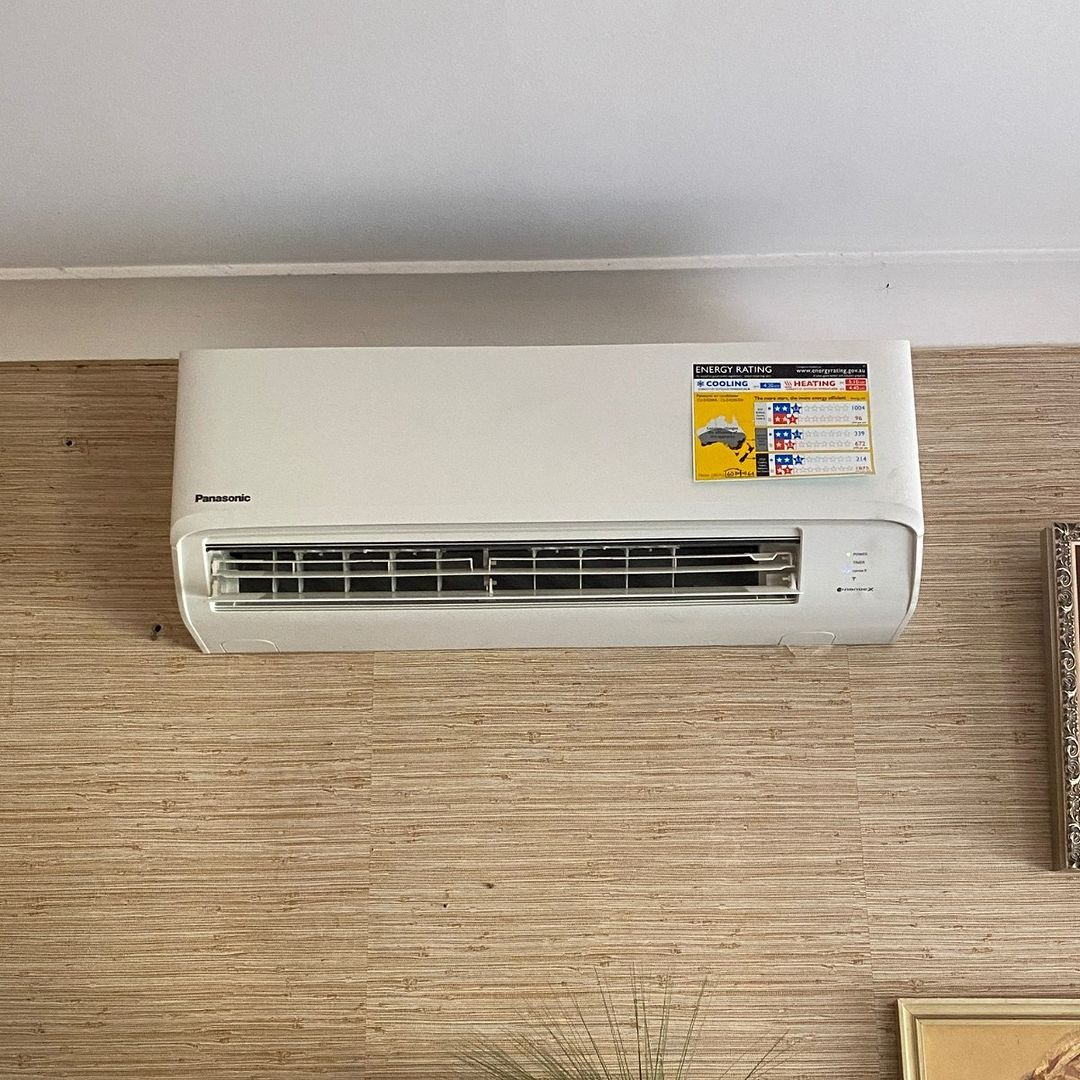
Wall Mounted AC is suitable for large room designs. A wall-mounted air conditioner may be a better choice, making it perfect for those of you who have a home in the tropics. Wall Mounted AC from @jc_electrical
Invest in a Central Air Conditioner
Many older homes were not designed to have central air conditioning installed, but most newer homes are. If your home has the necessary infrastructure for central air, it may be worth considering investing in a central air conditioning unit.
One downside of central air conditioning is the cost, as they can be quite expensive. However, central air conditioning units are more efficient at cooling your home than individual window or wall-mounted units. Additionally, the presence of air vents allows for more even distribution of conditioned air throughout your home, resulting in a more comfortable living space.
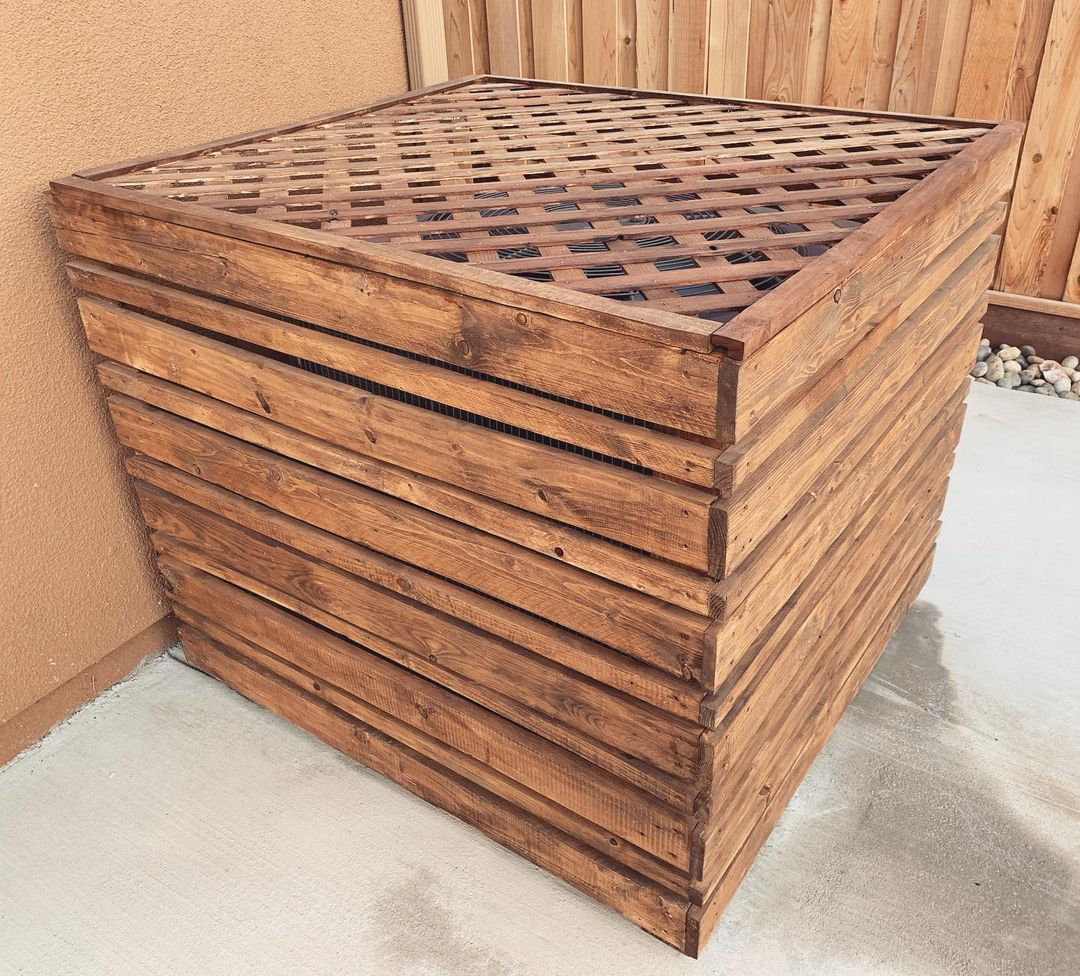
Central air conditioners are more efficient at cooling your home than individual window or wall units. You can add a central air conditioner shield with pallet wood to protect it from storms or insects. Protector Cental Air Conditioner from @stunningmisadventures
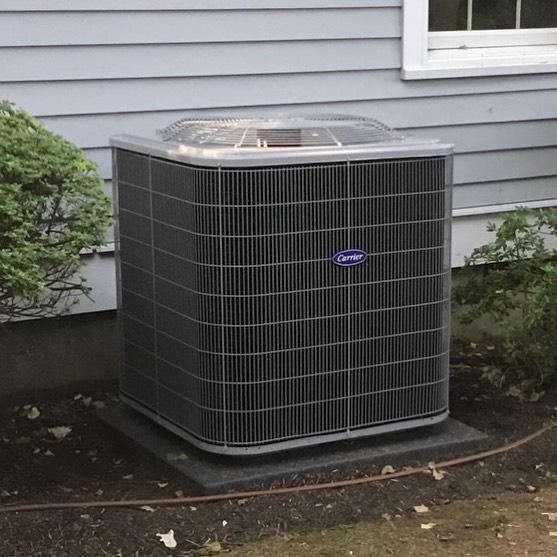
Using an outdoor central air conditioner is more efficient at cooling your home than individual window or wall units. Even though the price is expensive, this AC will work well to cool your room. Outdoor Cental Air Conditioner from @tylerhvac
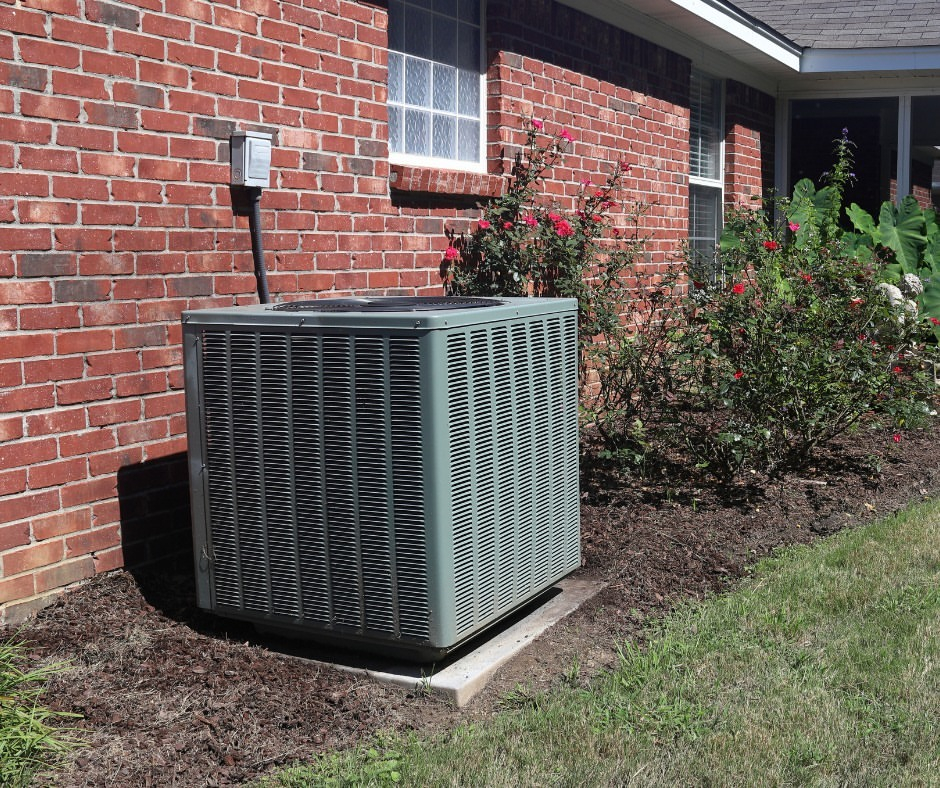
If your home has the necessary infrastructure for central air, it may be worth considering investing in a central air conditioning unit. Air conditioning spreads more evenly throughout your home, so the living room becomes more comfortable. Cental Air Conditioner from @nearuservices
Measure the Space You Want to Cool
It’s important to know the size of the space you want to cool in order to select the appropriate size of air conditioner. This is especially crucial if you’re considering a central air conditioning unit, but it’s also helpful when selecting a window or wall-mounted unit.
To determine the size of the unit you need, start by measuring the rooms you want to cool. If you’re buying a unit for a single room, measuring that space is sufficient. However, if you’re considering a whole-house unit, you’ll need to measure all the areas, including hallways. Once you have the width and length of your room(s), multiply the numbers together to calculate the square footage. This information will help you select an air conditioner that’s the right size for your space, ensuring optimal cooling performance.
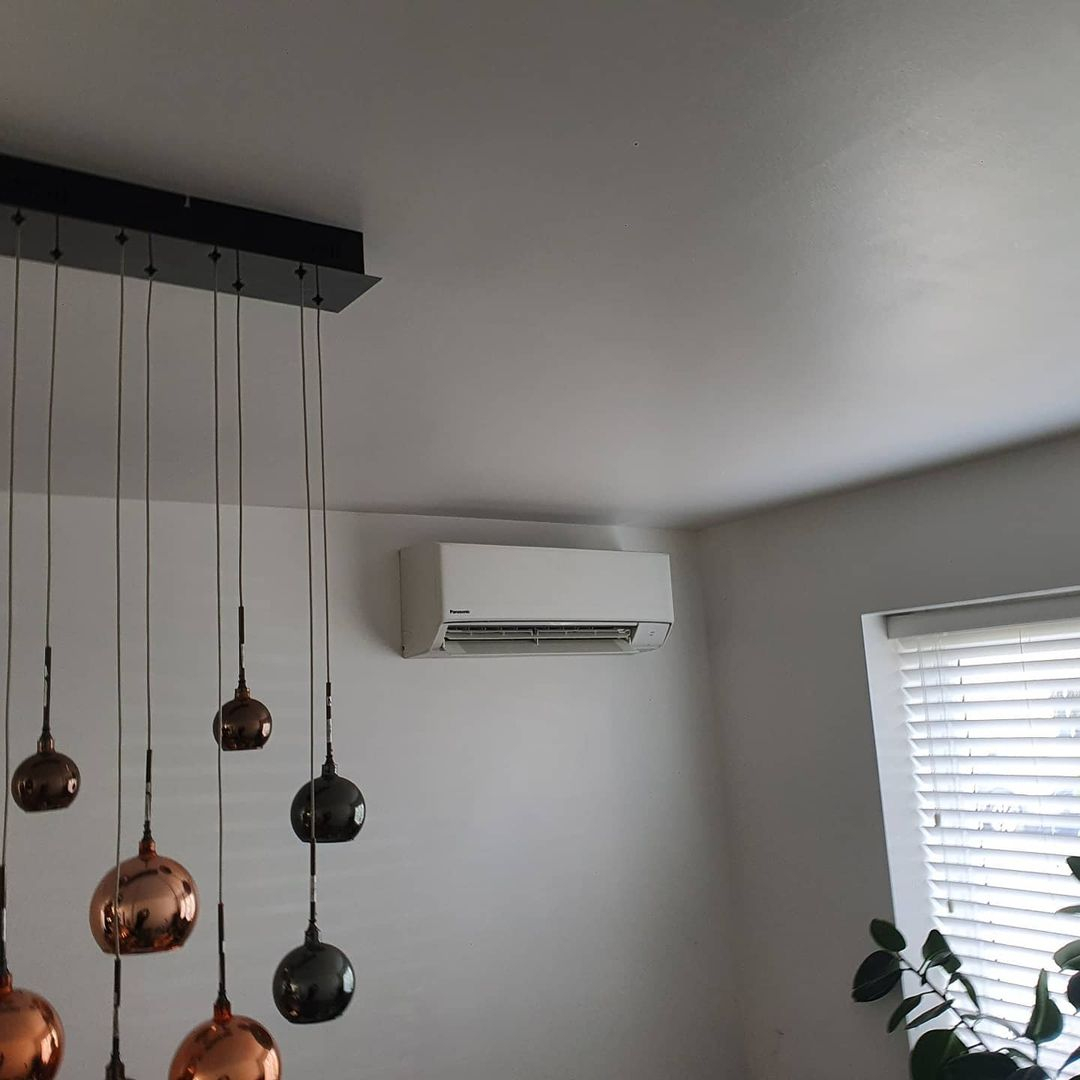
Having a large room, you need to pay attention to the layout of the air conditioner. You can raise your air conditioner to ensure optimal cooling performance. You also need to pay attention to choosing the right air conditioner which will make a charming room design. large Room Air Conditioner from @cambridge_airconditioning
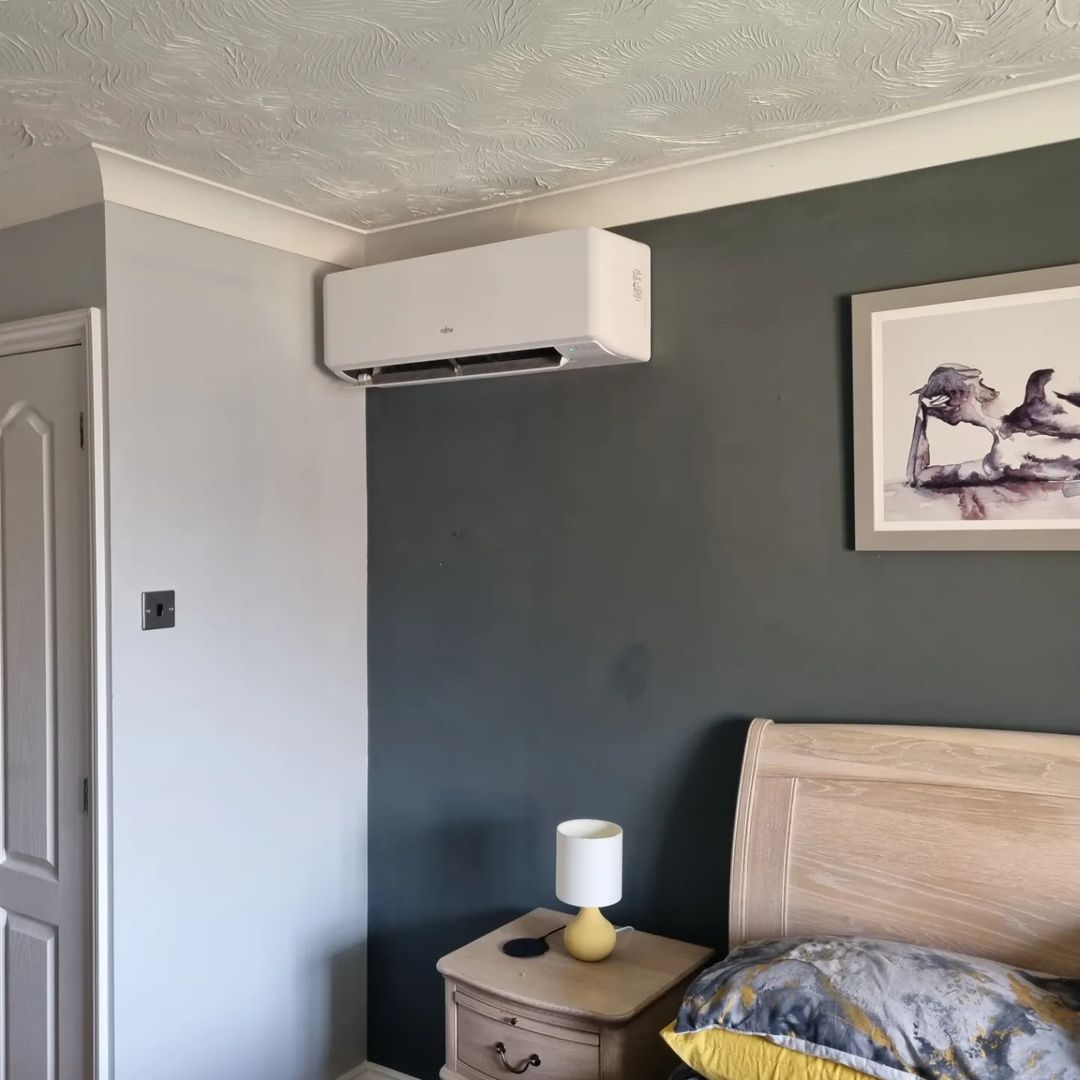
You can buy one unit for one room, measuring the room is enough. You can put it on one wall to optimize the cold impression on your home. Bedroom Instal Air Conditioner from @cambridge_airconditioning
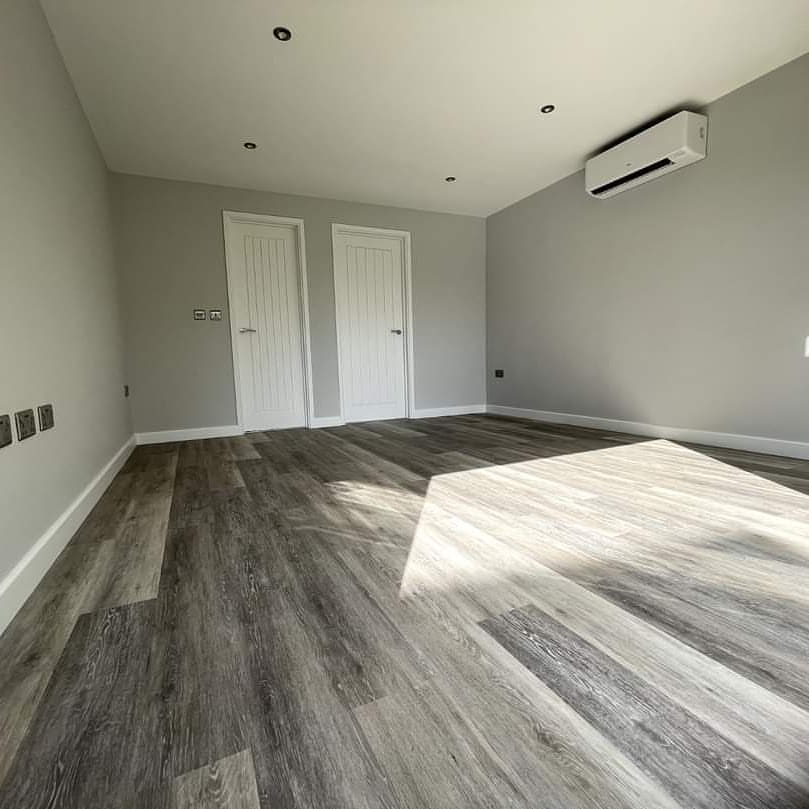
You must know the size of your room to ensure the right size air conditioner. You may consider a central air conditioning unit, but it also helps when choosing a window or wall unit. Instaled Air Conditioner from @cambridge_airconditioning
Determine the Energy Efficiency of Your Air Conditioner
Energy efficiency is a significant concern for many homeowners when it comes to air conditioning, both for cost-saving and environmental reasons. Most modern air conditioning units are designed with energy efficiency in mind, but their efficiency may vary depending on certain factors. To maximize the energy efficiency of your air conditioning unit, consider the following tips.
- Energy Star Rating: The US Environmental Protection Agency (EPA) has established guidelines for energy efficiency that air conditioning manufacturers can meet to earn the Energy Star certification. This certification indicates that the air conditioner meets certain energy efficiency standards and can provide significant energy savings compared to less efficient units. Two key factors used to measure the efficiency of air conditioners are the SEER and EER ratings. The SEER rating measures the cooling efficiency of the unit over an entire cooling season. The higher the SEER rating, the more efficient the unit is. The EER rating measures the cooling output of the unit in relation to the amount of energy it uses. Again, a higher rating means the unit is more efficient. Therefore, an Energy Star-certified air conditioning unit typically has high SEER and EER ratings, indicating that it is an energy-efficient unit that can help reduce your energy bills and minimize your environmental impact.
- Energy-Saving Features: With modern air conditioning units, achieving energy efficiency is easier than ever, thanks to various features that come with them. Some of these features include programmable and smart thermostats, energy-saving switches that turn off fans when the compressor is off, and motors that operate at different speeds to save energy. A programmable thermostat allows you to set the temperature to different levels at different times of the day, so you can conserve energy when you’re not home or when you’re sleeping. A smart thermostat takes this feature to the next level by learning your preferences and adjusting the temperature automatically. Energy-saving switches ensure that fans don’t continue running when the compressor is off, which saves energy. Motors that operate at different speeds adjust the air flow according to the cooling needs, rather than running at full speed all the time, which also saves energy. By choosing an air conditioning unit that comes with these energy-saving features, you can optimize the energy efficiency of your home cooling system, potentially saving you money on your energy bills and reducing your carbon footprint.
- Air Conditioning Size: Contrary to what many people believe, a bigger air conditioning unit is not always better. The ideal size for your AC unit is one that perfectly matches your cooling needs. If you choose an AC unit that is too small for your space, it may struggle to cool the area effectively. On the other hand, if you choose an AC unit that is too large, it will turn on and off too frequently, which can lead to higher energy bills and a shorter lifespan for the unit. It’s important to choose an air conditioning unit that is just the right size for your space. This will ensure that it cools your home efficiently and effectively, without wasting energy or driving up your energy bills. By selecting the perfect size of AC unit, you can save on energy costs while still enjoying a comfortable, cool living environment.
In conclusion, conducting research and carefully considering your options is essential when selecting a new air conditioner. By taking into account factors such as the type of unit, size of the space to be cooled, and energy efficiency ratings, you can make an informed decision that will provide you with efficient, cost-effective cooling and enhance your quality of life during the hot months.


